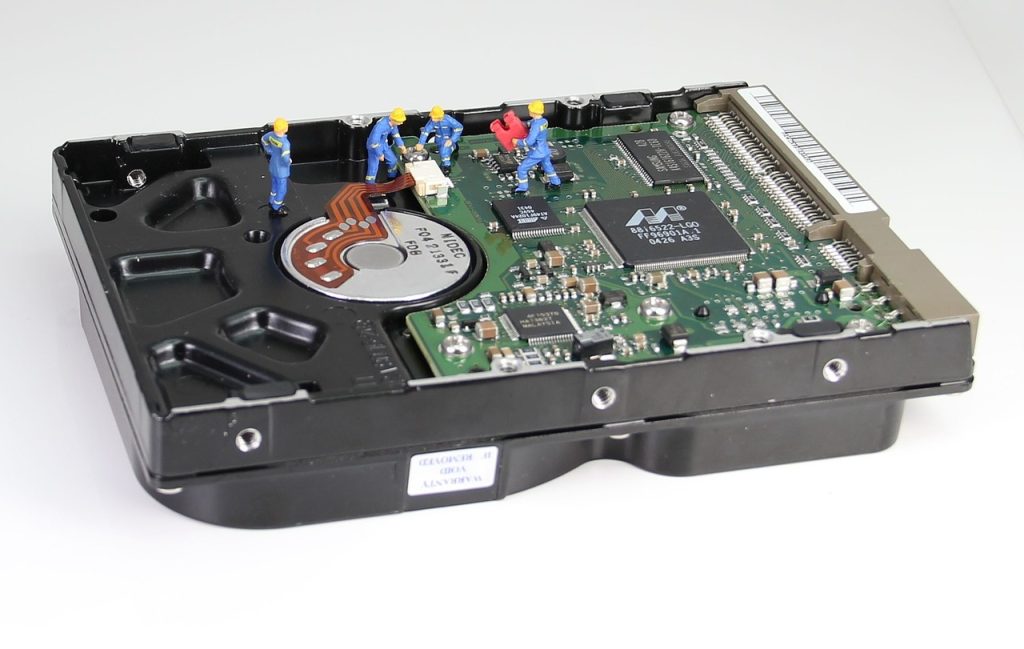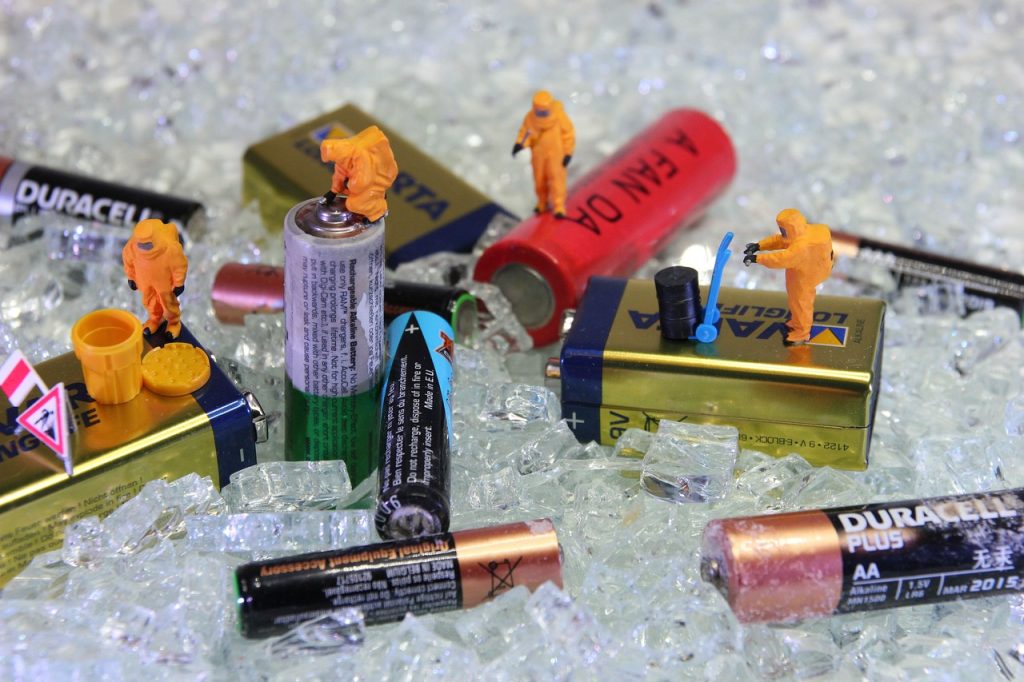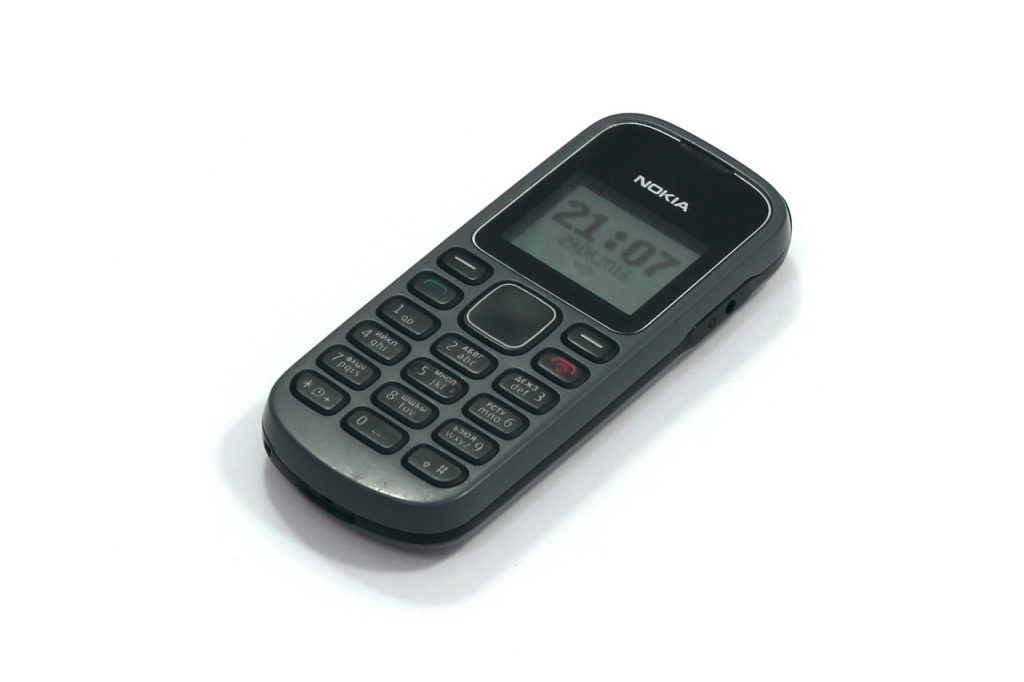- Understand the importance of hard drive recycling for both environmental and data security reasons.
- Ensure all personal and sensitive data is securely wiped from the hard drive using data destruction methods.
- If possible, physically destroy the hard drive by removing the casing and scratching or scraping the disks.
- Consider using professional services for hard drive shredding or recycling.
- Stay informed about state-specific recycling laws and regulations.
- Donate old electronics to organizations that repurpose them, giving them a second life.
- Ensure that the recycling process adheres to environmental standards to prevent harmful materials from causing damage.
Understanding the Basics of Hard Drive Recycling
When it comes to the disposal of hard drives, understanding the basics of hard drive recycling is beneficial. You might be wondering if tossing an old hard drive in the trash is the best way to dispose of it, but in reality, recycling is generally a more eco-friendly and lawful approach, based on recycling law. It’s crucial to realize that hard drives contain materials that, when discarded improperly, can be harmful to the environment.
Data destruction also plays a significant role in hard drive recycling. As hard drives often hold sensitive, personal information, data destruction is a necessary step before disposal or recycling to ensure that your data doesn’t fall into the wrong hands. Both consumers and companies have a responsibility to destroy data securely and to remove it completely before the recycle and disposal to protect privacy.
Hard drive recycling can be done in various ways, which can even include being used in used in art or other recycled materials. The goal is to find a way to dispose of hard drives in a manner that not only reduces waste but also reuses certain elements beneficially. Remember, recycling isn’t just about disposing, it’s also about giving old things new life.
Lastly, whether you decide to remove the hard drive yourself for recycling or choose a professional to destroy and recycle, ensure the process follows proper recycling law. It’s quite easy to destroy, remove, and recycle your hard drive once you grasp the basics of hard drive recycling.
Are You Recycling Your Hard Drives Correctly?
Are you certain that you’re recycling your hard drives correctly? Unfortunately, many individuals are unaware of the correct steps when it comes down to proper hard drive recycling. This article will guide you, shedding light on the ins and outs of hard drive recycling. This is an important service not only for the preservation of our environment but also the safety of your personal data.
Firstly, it’s crucial to understand the importance of appropriately recycling the drives. Throwing drives in the regular trash isn’t adequate. Why? Well, improperly discard drives are a significant source of electronic waste that poses severe threats to the environment. Worse still, drives thrown away in a careless manner often contain recoverable personal information, risking data breaches and theft.
Recycling drives are subjected to a process where they’re stripped down. Valuable components are removed for reuse while non-usable parts are properly recycled. A proper service ensures these components are recycled sustainably, minimizing their environmental impact. Most importantly, a trusted service ensures all data is permanently deleted before a drive is recycled.
It’s also critical to know that legislation on recycling drives varies from state to state. In some state laws, for instance, you’re required to recycle your electronic waste – including hard drives – at authorized recycling facilities. Thus, ensuring you’re familiar with your state’s rules and regulations is both a legal and ethical necessity.
Finally, before taking your drive to be recycled, you must remove all of your personal data manually. Despite guarantees from recyclers about data destruction, it’s still a wise idea to remove data yourself. This way, you are providing an extra layer of security for your sensitive information.
Procedure for Hard Drive Disposal: Protecting Against Data Breaches
The procedure for hard drive disposal involves special consideration for protecting against potential data breaches. It’s not as straightforward as simply throwing away the hard drive; in fact, that’s the last thing you should do. One must understand that the hard drive, even after deleted files, may still store a good amount of useful data. This stored data can be easily recovered and used with malicious intent if not disposed of properly.
To safely and correctly dispose of a hard drive, there are some necessary steps to follow. Firstly, you need to make sure the data stored on the drive is irrecoverable. This is achieved by a method called data wiping, where the drive is overwritten with random data several times. Just formatting the hard drive isn’t enough and doesn’t fully remove the stored data. After the data wiping, it’s recommended that businesses destroy the hard drive physically. For businesses, the risks associated with data breaches often outweigh the costs of hard drive recycling or disposal services.
If you’re a business, you need to be especially careful when it comes to hard drive disposal. A single instance of data breaching can profoundly impact your business reputation and, not to mention, be a significant legal issue. Therefore, many businesses choose to hire a professional hard drive disposal service, which provides detailed documentation of the data wiping and responsible recycling or disposal. If you decide to send your drives for disposal, make sure you use secure shipping method to minimize the risk of data breaches during transit.
Why Seamless Data Destruction is Crucial During Hard Drive Disposal
When it comes to the disposal of hard drives, business sectors must move with caution to safeguard sensitive data. A critical element of any business’s hard drive recycling process involves a robust commitment to seamless data destruction. Why’s this so crucial, you’d ask? Let’s delve further into this.
Data breaches pose severe threats to businesses. Poor or incomplete destruction of data on your hard drives can lead to irreversible damages. From identity theft, loss of customer trust, financial repercussions, to massive sanctions, the consequences can be devastating. Think about it: just one neglected hard drive could compromise a load of your company’s sensitive data! That’s why it’s paramount for businesses to ensure that their data destruction method is foolproof during hard drive disposal.
The danger is not just to business entities. Personal data, including banking details or medical histories, are often stored on individual hard drives. For this, secure data destruction is also necessary for the free citizens out there. You wouldn’t want your privacy invaded, would you?
So how’d you achieve a seamless data destruction? First, you need to understand how hard drive recycling works. Once understood, you’ll realize that the survival of your data even after a “thorough” deleting, formatting, or overwriting, still happens. It is in light of this glaring fact that businesses need to adopt more concrete, irreversible data destruction methods.
Regardless of being a business entity or free citizen, ensuring seamless data destruction during hard drive disposal is beyond essential. Remember, it’s not just about recycling hard drives correctly but also about protecting your invaluable data from trespassers.
Effective Ways to Recycle Hard Drives and Other Electronics
When grappling with electronics disposal, one must consider an effective method especially for hard drives. You’ve probably overlooked a hard drive or two stashed in your storage, causing you to dismiss proper hard drive recycling. It’s vital to understand this isn’t just about environmental responsibility. As we’ve discussed in “Are You Recycling Your Hard Drives Correctly?”, hard drives store a vast amount of data that, if not properly destroyed, could lead to severe data breaches.
So, how do you recycle hard drives while ensuring the secure deletion of the contained data? There are a few recommended methods. For instance, some organizations offer platforms that let you donate your old electronics for reuse. The benefit lies not only in recycling but also in granting these devices a second lease of life.
Hard drive disposal doesn’t only safeguard the environment; it, significantly, protects our privacy. Seamless data destruction, as addressed in “Procedure For Hard Drive Disposal: Protecting Against Data Breaches”, should be an integral aspect of any hard drives recycling procedure. The process ensures your old data doesn’t fall into the wrong hands.
In ‘Understanding the Basics of Hard Drive Recycling,’ we reflected on the importance of responsible electronics recycling. Remember, your storage is likely filled with obsolete electronics. Rather than letting them remain there collecting dust, why not take a step towards responsible electronics and hard drive recycling. It’s not just the environment that could benefit from a more conscious collection and disposal of these devices – you could also save yourself from potential privacy and security risks.
One Method of Recycling: How to Properly Destroy a HDD
When it comes to recycling hard drives, one method stands out as particularly efficient and secure. That is to properly destroy a hard drive, or HDD (Hard Disk Drive), to ensure the device is fully decommissioned and discarded. Many residents recycle their electronic waste, including hard drives, without properly understanding how to do so, leading to potential issues such as data breaches – something we don’t want!
So, how to destroy a HDD securely? An effective way to start is to remove the casing of the drive to expose the disks. By scratching or scraping the surface of these disks, the information stored becomes unreadable. A more efficient method would be to use a specialist hard drive shredder. These are usually found at industrial-sized scale but home versions can be bought online.
If you find it difficult or time-consuming to destroy the hard drives yourself, you can rely on professional services that specialize in hard drive shredding or send your drives to the regional headquarters of the relevant electronic goods brand for recycling. While this incurs a small fee, it is highly recommended to ensure proper disposal of hard drives and other electronics.
While many methods exist for hard drive recycling, email or online recycling services can also provide a convenient disposal solution. Regardless of the method you choose, ensure that the hard drive destruction is seamless and careful. Pacific residents especially should be aware of these processes (from removing the hard drives to shredding them), knowing how to recycle them properly to maintain their privacy and protect against possible data breaches.
Ensuring Safe Data Destruction Before Recycling Your Drive
When you’re recycling hard drives, one critical step you definitely can’t afford to omit is ensuring safe data destruction. It’s not as simple as just deleting files; it involves a meticulous process to ensure that your drive is fully wiped clean. If you haven’t done it correctly, there’s a possibility that your personal or professional data could be retrieved by the wrong people, leading to a data breach.
So, how can you ensure comprehensive data destruction before recycling your drive? One common method is to run a drive overwrite software. This software doesn’t merely delete the data, but it also continuously writes new data over it, making it hard for any person – or software – to retrieve the info. This process is often referred to as ‘zeroing out.’
Another method for data destruction used especially for hard drives that are no longer functional is the degaussing method. This involves exposing the hard drive to a strong magnetic field, effectively destroying the data stored. This method, however, should only be conducted by professionals, since the strong magnetic fields pose a safety risk.
Remember that there’s a range of digital material stored on your hard drive, from storage files to personal emails. Each data type necessitates a secure destruction method. It’s also crucial to remove any copy of the data you might have stored in another location before recycling the drive. No matter which destruction method you follow, ensure that all the data on your hard drive has been completely destroyed to maintain data security. Weigh your options well and recycle responsibly.
Pre-recycling Steps: How to Ensure Complete Data Eradication from Hard Drives
Before you recycle your old hard drive, there are a few important steps to take to ensure complete data eradication – a concern common to state residents and businesses alike. If you’ve been recycling your hard drives correctly, you should already understand the basics of hard drive recycling. However, pre-recycling steps like data removal are crucial in protecting against data breaches.
If you’ve ever used a Western Digital hard disk or any other disk for that matter, you’ll know just how much data can be held on it. Ensuring safe data destruction before recycling your drive should always be your priority. In fact, seamless data destruction is vital during hard drive disposal. So how do you remove all that data?
One method of hard drive recycling involves physically destroying the HDD. However, this isn’t the only way to eradicate data. You can also use data destruction software to overwrite all the information on the drive. This is one of the most effective ways to recycle hard drives and other electronics.
Regardless of the method you choose, the aim is to render the data unrecoverable. You should double-check to ensure there’s no data left that someone might email out, upload or otherwise misuse. Once you’ve completed this step and you’re confident all data is accounted for, you can begin the recycling process. Many recycling centers even offer coupons as an incentive to recycle hard drives, making this a win-win situation.
Environmental Impacts of Hard Drive Recycling and Other Electronic Products
It’s crucial to understand the environmental impacts of recycling hard drives and other electronic products. Reputed research shows that electronic waste, including computer parts like hard drives, is one of the fastest-growing waste streams worldwide. If these electronics aren’t disposed of or recycled correctly, they can cause severe damage to our environment. However, there are several free services available for the responsible and eco-friendly disposal of such items.
Unfortunately, many enterprise level organizations don’t recycle their electronics, resulting in electronic products accumulating in our landfills. A discarded hard drive may seem harmless, but the materials inside, such as lead, mercury, or arsenic, can leak into groundwater, soil, and air, causing significant environmental damage. Professional hard drive recycling service providers ensure these harmful materials are safely extracted and repurposed.
Adopting the correct electronic recycling procedures isn’t just good for the environment but it’s also crucial for data security. When you dispose of a computer or hard drive, you must ensure to completely eliminate all data stored on these devices to prevent any potential data breaches. Researching and choosing a reliable service that offers seamless data destruction before disposal is paramount. Pre-recycling steps such as wiping or physically damaging a hard drive is a common practice, but it’s best to entrust the task to professionals who guarantee safe data destruction.
In conclusion, the responsibility of recycling electronics is on everyone’s shoulders. Embrace the benefits of a hard drive recycling service and let us make a concerted effort to protect our environment and maintain the sanctity of our personal and enterprise data.
Benefits and Importance of Responsible Drive Disposal
Recycling hard drives rightly is crucial and comes with numerous benefits. Responsible drive disposal isn’t just about eco-friendliness; it’s also a matter of security. When you recycle a hard drive, it’s not just about freeing up space in your equipment store or reducing environmental damage. It’s also about ensuring your stored data doesn’t fall into the wrong hands.
Simply deleting data from a drive isn’t enough to eradicate it. Traces often remain on the drive, letting anyone savvy enough to retrieve sensitive information. Hence, drive disposal involves a thorough process to ensure seamless data destruction. Only after data is entirely blotted out on your hard drive should recycling begin.
Hard drive recycling helps to conserve resources too. A hard drive cobbled together with materials that are often scarce to come by– including metals and a circuit board. When you recycle hard drives, these materials can be separated, reclaimed, and reused, reducing the demand for new resources and the environmental impact of mining and manufacturing the same.
A handful of exclusions might complicate the process for some organizations, but the benefits vastly outweigh any hurdles. Properly recycled drives also help organizations meet regulatory requirements, avoid penalties, and protect their reputation. But perhaps most significantly, when you dispose of drives properly, you are making a substantial contribution to our shared environment and a sustainable future.
Thus, discarding data should be more about securely managing risks and less about only ditching outdated tech. Overall, it’s a win-win!




